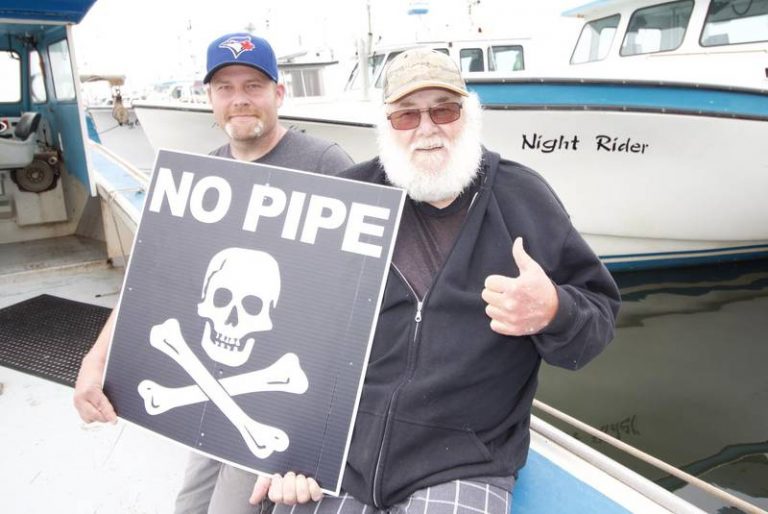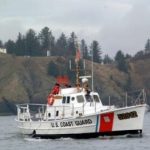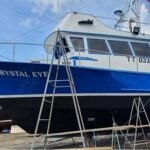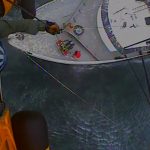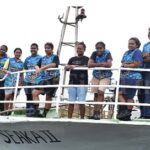First came ‘sea lords’ and now ‘snapper barons.’
First came ‘sea lords’ and now ‘snapper barons.’
About a year ago AL.com did an investigative report on the Gulf of Mexico commercial red snapper catch share program in which it called the top share holders ‘sea lords’ and those fishermen who had to pay them for the right to catch red snapper ‘serfs.’
Last week, WVUE-TV in New Orleans did a series of investigative reports on this same catch share program, one of which was entitled “’Snapper barons’ raking in riches from public resource.”
From the report:
These reports highlight what catch shares are all about — creating economic winners and losers, not fishery sustainability, with most fishermen and fishing communities on the losing end.
A 2013 report by the Center for Investigative Reporting provides estimates that as many as 18,000 fishing jobs were lost and 3,700 vessels were no longer fishing in areas that had catch share programs.
I’m sure those numbers are even higher now.
This is why the overwhelming majority of South Atlantic fishermen, commercial and recreational, oppose catch shares, and why it’s so disappointing to see South Atlantic Fishery Management Council members propose a “pilot” commercial snapper-grouper catch share program that will ultimately create ‘snapper barons’ and ‘serfs.’
We’re going to continue to stand up for fishermen and fishing communities as this fight moves forward.
Tom Swatzel
Executive Director
Council for Sustainable Fishing
P.S. The Council for Sustainable Fishing is a non-profit advocacy group that relies on membership dues to operate. Please help us continue our fight for fishermen and fishing communities by clicking here and joining today. Thank You!
Contributions or gifts to the Council for Sustainable Fishing are not tax deductible as charitable contributions. However, they may be tax deductible as ordinary and necessary business expenses.
-=-=-
Council for Sustainable Fishing — Post Office Box 2398, Murrells Inlet, SC 29576

































